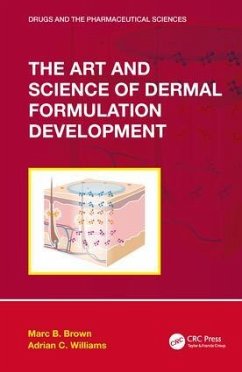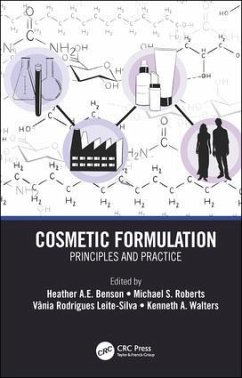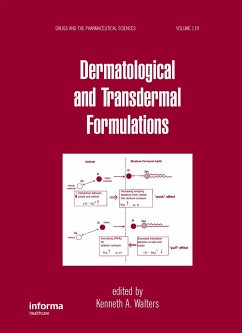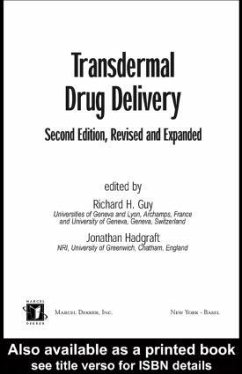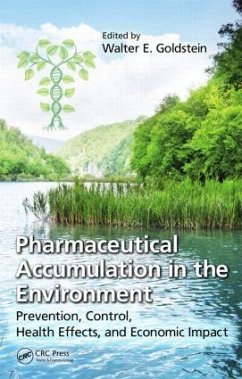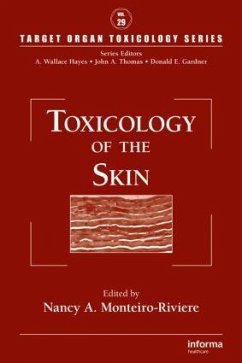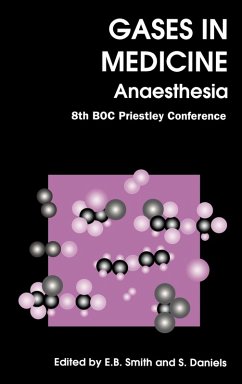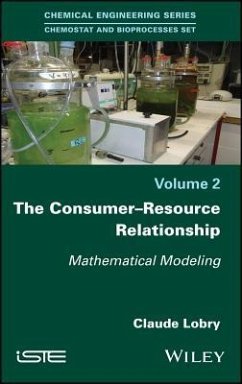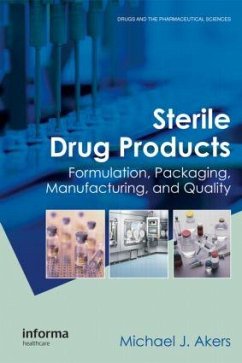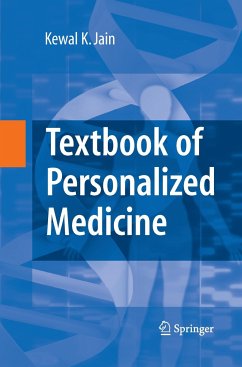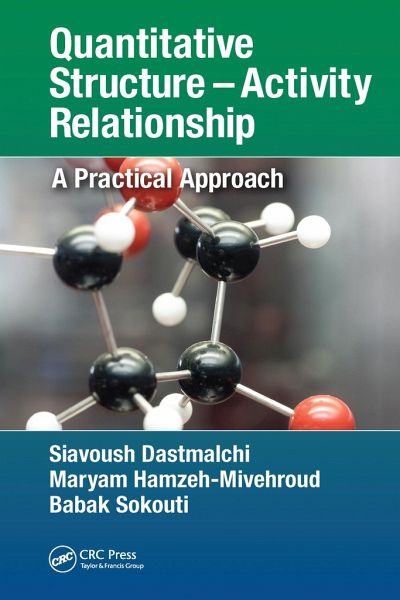
Quantitative Structure - Activity Relationship
A Practical Approach

PAYBACK Punkte
30 °P sammeln!
Generally speaking, quantitative-structure activity relationship (QSAR) is a technique which correlates the biological activities of a set of compounds to their structures using a mathematical equation represented in its general form by Biological Activity = f (x1, ..., xn), where f is a mathematical function and x1, ..., xn are n molecular descriptors. Since the introduction of the initial concept of QSAR in the early 1960s, numerous advances have been introduced into the field transforming it into an essential tool in drug discovery and medicinal chemistry. Quantitative Structure - Activity ...
Generally speaking, quantitative-structure activity relationship (QSAR) is a technique which correlates the biological activities of a set of compounds to their structures using a mathematical equation represented in its general form by Biological Activity = f (x1, ..., xn), where f is a mathematical function and x1, ..., xn are n molecular descriptors. Since the introduction of the initial concept of QSAR in the early 1960s, numerous advances have been introduced into the field transforming it into an essential tool in drug discovery and medicinal chemistry. Quantitative Structure - Activity Relationship: A Practical Approach provides a detailed overview of computational approaches in QSAR studies. It covers the applications of different algorithms in various steps of a QSAR analysis and shows clear examples. Each chapter introduces the tools and software involved. Moreover, challenges and issues which may be faced in any step of the analysis are thoroughly broken down based on the OECD guidelines, enabling the reader to familiarize themselves with potential end results. The book was kept concise, making it suitable for students (pharmacy, chemistry and biological science) and lecturers, as well as researchers in the field.





